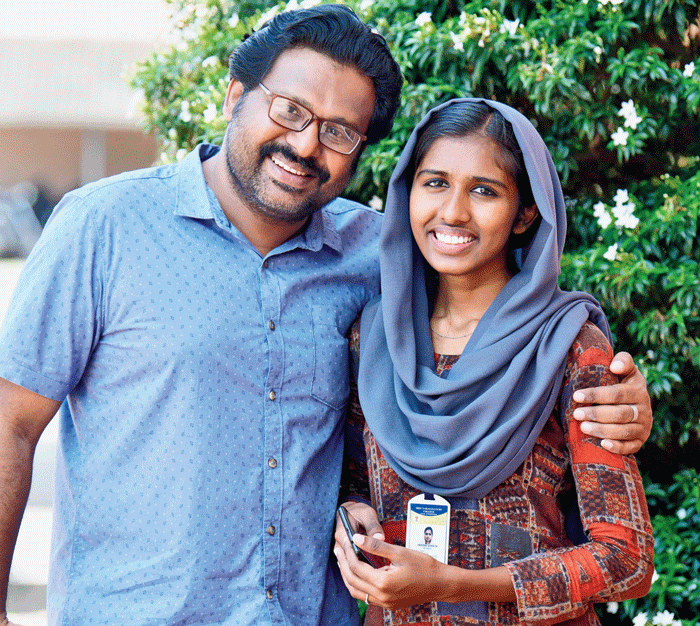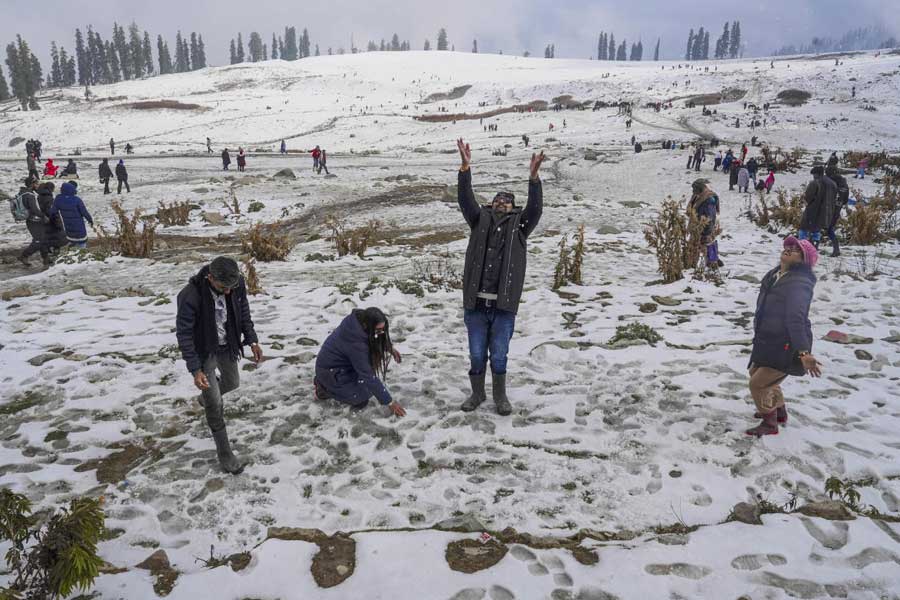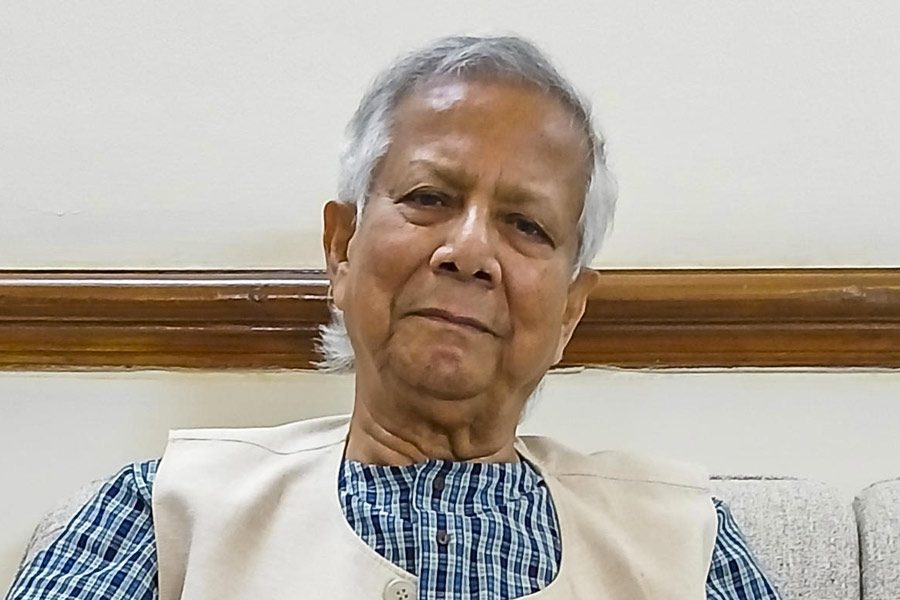Since July, Faheema Shirin has had to commute 70km each way to her classes and back, spending three precious hours in buses every day, while fighting a lawsuit against her college.
All because the 18-year-old’s refusal to blink in a tussle over an Internet and mobile phone ban had prompted the college hostel to expel her.
Now, having won her case with a landmark judgment on student rights from Kerala High Court, the teen is preparing to return to her hostel next week.
“I had never dreamt of taking my own college to court. But faced with such a predicament (an evening Internet and cellphone ban), I thought suing the college was better than buckling under pressure,” Faheema told The Telegraph.
She added: “Initially, I didn’t realise the importance of winning such a case. Now I know that this judgment will help many people.”
Not only did Kerala High Court allow her petition to be allowed to use mobile phone and Internet facilities at her hostel at any time, it ruled that access to the Internet was a fundamental right.
The second-year BA literature student said the support she had received from her father Haksar R.K., a freelance photographer who encouraged his kids to stand up for their rights, was crucial.
“My father stood by me throughout the legal battle and ensured I felt comfortable,” she said.
Faheema thanked the Legal Collective for Students’ Rights, a voluntary organisation of lawyers that provided her with free legal aid.
“Without their help, I would have had to pay huge sums as lawyers’ fees,” Faheema said.
It had all started in June when the Sree Narayana College in Chelannoor, Kozhikode, banned the use of mobile phones and the Internet at its hostel between 6pm and 10pm.
“Earlier, these facilities were banned from 10pm to 6am. Although we objected to it too, the ban didn’t affect us too much since it mostly spanned our sleeping hours,” Faheema said.
“But when the new ban timings, covering our study hours, were announced, I stood up for our rights since we often needed the Internet and mobile phones during this period of day.”
When she put down her objections in writing, as the authorities had asked her to, she was expelled from the hostel in July.
Thus began her long daily commutes to college from her home in Vadakara, in the same district. “I thought it was better than surrendering,” she said.
The single bench of Justice P.V. Asha accepted Faheema’s contention that the restrictions on the Internet and mobile phones violated her fundamental right to freedom of speech and expression.
In its September 19 judgment, the court observed: “No student shall be compelled to use mobile phone or not use mobile phone. It is for each… student to decide with self-confidence and self-determination that she would not misuse it….”
Armed with the judgment, which directs the college hostel to accommodate her, Faheema plans to return to her hostel next week after the Puja holidays end.
Asked why she had not returned earlier, she said the past two weeks included several holidays. Besides, she had exams and didn’t want to switch lodgings in the middle of them.
Faheema isn’t worried how the hostel might receive her now. She had faced no problems attending classes and sitting exams while she was fighting the college in court.
“I’m confident things will be fine. At least this case has given a platform to people to discuss and create awareness about our rights,” she said.
The college principal did not respond to calls to her mobile phone.
Haksar said: “My daughter’s expulsion from the hostel came as a shock to me.
But what was more shocking was the disdain of the college management, which refused even to explain the decision.”
He added that students should have the freedom to decide when to use their mobiles or the Internet. “Children born into the age of modern communication technology will know where to draw the line.”











